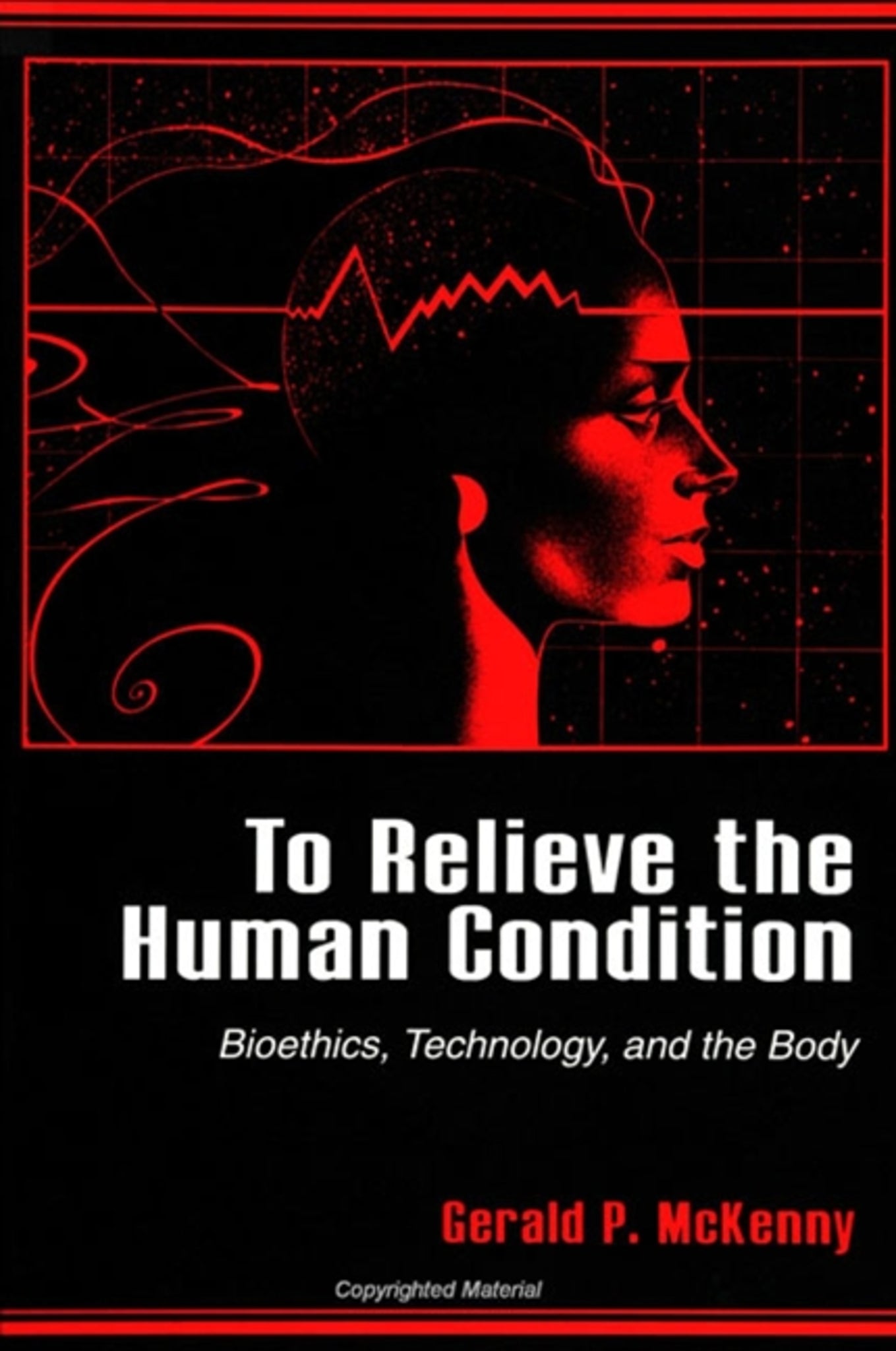We're sorry. An error has occurred
Please cancel or retry.
To Relieve the Human Condition

Some error occured while loading the Quick View. Please close the Quick View and try reloading the page.
Couldn't load pickup availability
- Format:
-
21 August 1997

Argues that standard forms of bioethics support the technological utopianism of medicine. Puts forth an alternative agenda arguing that the task of bioethics is to explore the moral significance of the body as it is expressed in the discourse and practice of moral and religious traditions.
CHOICE 1997 Outstanding Academic Books
This book argues that standard forms of bioethics support the technological utopian quest of medicine: to eliminate suffering and bring the body under the rule of our choices and desires. This quest raises urgent ethical questions rarely addressed in the dominant approaches to bioethics. McKenny puts forth an alternative agenda, arguing that the task of bioethics is to explore the moral significance of the body as it is expressed in the discourse and practice of moral and religious traditions.


"Combines acute analysis of significant contemporary thinkers' work on bioethics while putting those analyses to use to develop a quite extraordinary constructive thesis." — Stanley Hauerwas, Gilbert T. Rowe Professor of Theological Ethics, Duke University
"An outstanding work. The author's interpretive, critical, and constructive scholarship is engaging and provocative." — Courtney S. Campbell, Department of Philosophy, Oregon State University
"To my knowledge, the best exploration of bioethics from the perspective of religious studies." — H. Tristram Engelhardt, Jr., Professor, Baylor College of Medicine and Rice University Department of Philosophy
Acknowledgments
Introduction
1. Technology, Tradition, and the Origins of Bioethics
2. Standard Bioethics and the Baconian Project
3. Utopia, Nihilism, and the Quest for Repsonsibility
4. Medicine and the Ethics of Vocation
5. Medicine as a Moral Art
6. Medicine and the Reconciling Community
7. Modernity, Medicine, and the Body
8. The Body after Utopia
Notes
Bibliography
Index



